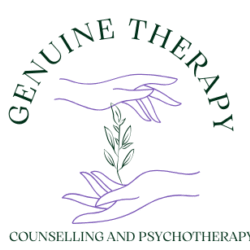Untangling the Web of Relationships: Part 4 Communication.
Imagine a world where every conflict can be resolved, every misunderstanding can be cleared up, and every relationship has the opportunity to thrive. That is the power of open and healthy communication. In the intricate dance of human relationships, communication serves as the foundational pillar that supports the elements of a healthy relationship, such as …
